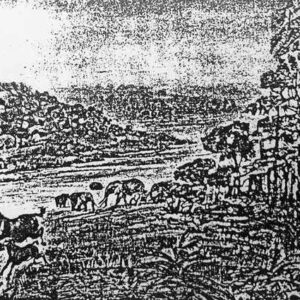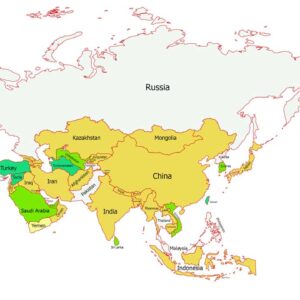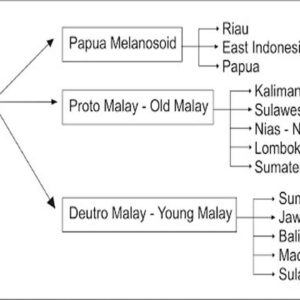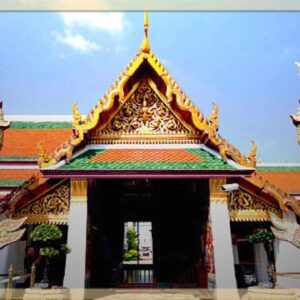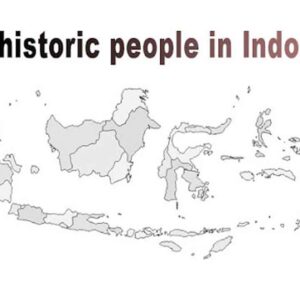The navigation and trade activities conducted by Muslim people via Malacca Strait gradually became more intense, so in the early 13th century, a Muslim village was founded at Samudera shore, about 15 km away from Lhokseumawe.
The finding of the tombstone of Sultan Malik al-Saleh who died in 696 H/1297 AD indicated that there had been an Islamic government in the area. The emergence of the Samudera Pasai Kingdom may is associated with the weakening of the authority of the Sriwijaya Kingdom in that century.
The situation was made use of by Muslim people to form self-government by appointing Marah Silu, the chief of Gampong Samudera tribe, a king with the title of Sultan Malik Al-Saleh.
In Java, Islam was estimated to start developing in the 11th century. The evidence that supports the estimate was the finding of the tombstone of Fatimah Binti Maimun at Leran (Gresik) which was dated 1082 AD.
In Maluku, Islam began to develop in the 14th century. The development of Islam in Maluku was closely related to the trade routes that stretched from the centers of international trades in Malacca and Java to Maluku.
The 12th king of Ternate, Malomatiya (1350-1357) developed a close relationship with Arabic merchants in making good quality ships. The friendship gave an advantage to the growth of Islam in Maluku. The sultan of Ternate who professed Islam first was Zainal Abidin (1465-1486).
Zainal Abidin received Islamic teachings from Giri Prabu Satmata Islamic school in Java. The close relationship among Ternate, Hilu, and Giri in Java had caused the majority of people in the area to convert to Islam.
Islam arrived in Kalimantan approximately in the 16th century. Many people of South Kalimantan professed Islam after Raden Samudera was crowned as the king of Banjar. Meanwhile, many people in East Kalimantan who had professed dynamism, animism, and Hinduism converted to Islam after two ulamas from West Sumatra spread Islam to this region, especially Kutai. The two ulamas were Dato’ri Bandang and Tuan Tunggang Parangan.
Areas in Sulawesi, especially in the south, had been visited by Muslim merchants around the 15th century. The merchants arrived in Sulawesi via Malacca, Sumatra, and Java. Ulamas from West Sumatra who propagated Islam in Sulawesi were Dato’ri Bandang, Dato’ri Sulaeman, and Dato’ri Tiro.
Since the arrival of these ulamas, many people in South Sulawesi had converted to Islam. Likewise, the kings of Gowa and Talo embraced Islam officially in 1605.
Around the 16th century, the majority of Indonesian people had professed Islam. There were several factors that made Islam develop quite easily in Indonesia, as seen below.
- Islamic teachings were spread in peaceful ways.
- Islamic teachings were simple and easy to understand.
- Islam did not recognize in caste system, so it was more interesting to people.
- The religious ceremonies were very simple.
- The requirement to profess Islam was very simple, one had only to pronounce the shahadah.
- The propagation of Islam was adapted to the existing socio-cultural condition.
- The fall of Majapahit and Sriwijaya, so Islam cpuld develop even faster.
Read also: Map of Routes of Islam spread in Indonesia
